Potatoes, a staple crop across the world, are essential to the global food system, offering versatility in both culinary applications and agricultural practices. While potatoes are commonly grown in various parts of the world, the cultivation of desi or indigenous varieties of potatoes is unique to the Indian subcontinent. These varieties, which thrive in diverse soil types and climates, contribute significantly to the regional agricultural economy. Additionally, they are a rich source of vitamins and essential nutrients, offering health benefits beyond just providing energy. This essay explores the traditional cultivation methods of desi potatoes and their nutritional significance.
Traditional Cultivation of Desi Potatoes
In India, the cultivation of desi potatoes primarily takes place in regions such as Uttar Pradesh, Punjab, Himachal Pradesh, and Jammu and Kashmir, where diverse climatic conditions allow for a variety of indigenous potato breeds to grow. The traditional cultivation process is deeply rooted in the local farming practices and reflects the understanding of the soil, weather, and crop management.
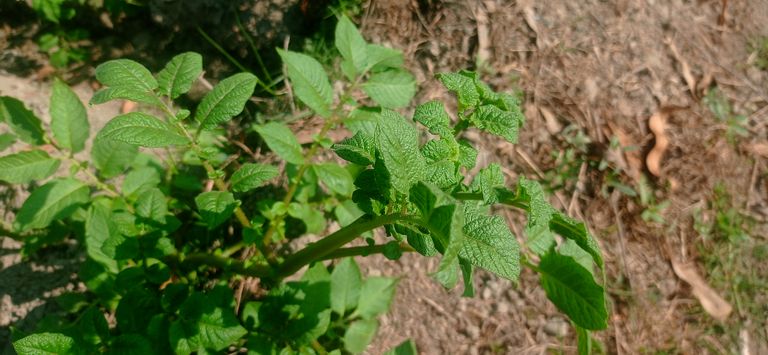
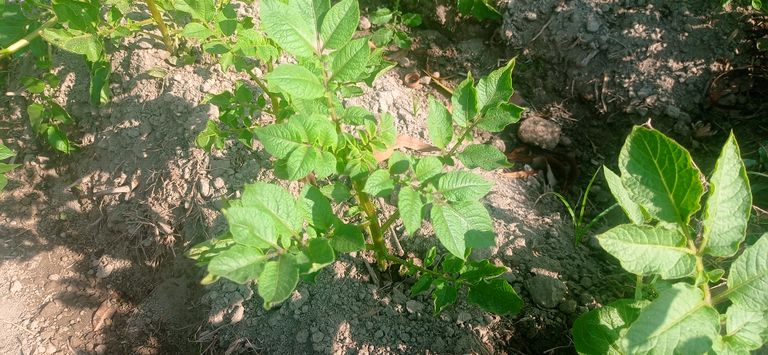
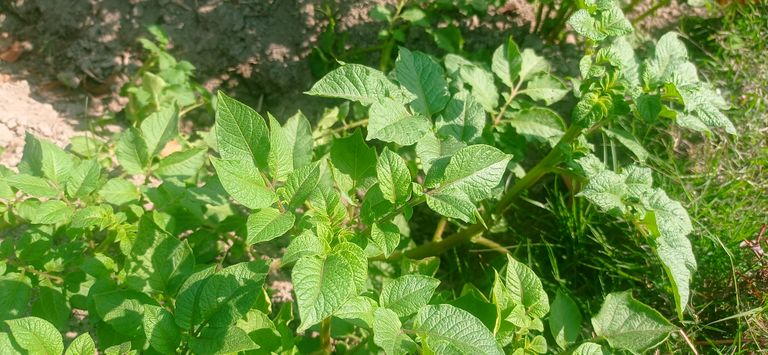
Soil Preparation: Desi potatoes require well-drained, fertile soils rich in organic matter. The soil should be loose, loamy, and slightly acidic with a pH of 5.5 to 6.5. Farmers begin by tilling the soil to a fine tilth, ensuring that it is free from weeds and debris. The soil is often mixed with organic compost, which helps improve soil fertility, moisture retention, and microbial activity.
Seed Selection and Sowing: Unlike commercial varieties, which are typically grown from certified seed potatoes, desi potatoes are often grown from "seed tubers," which are the small potatoes harvested from the previous year's crop. These seed potatoes are carefully selected for size, shape, and health, as poor-quality seeds lead to weak growth. The potatoes are cut into pieces, with each piece containing at least one eye (the sprouting node), before being planted.
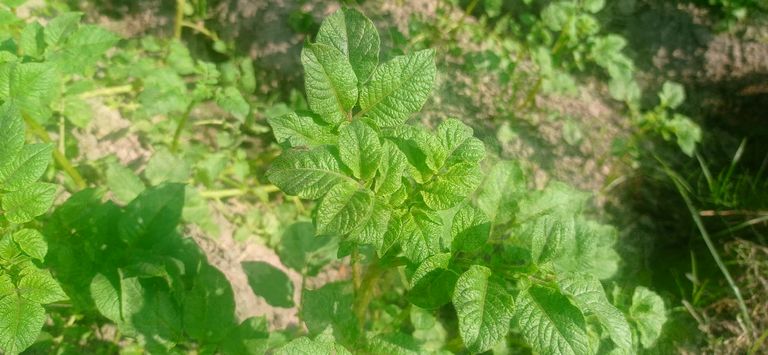
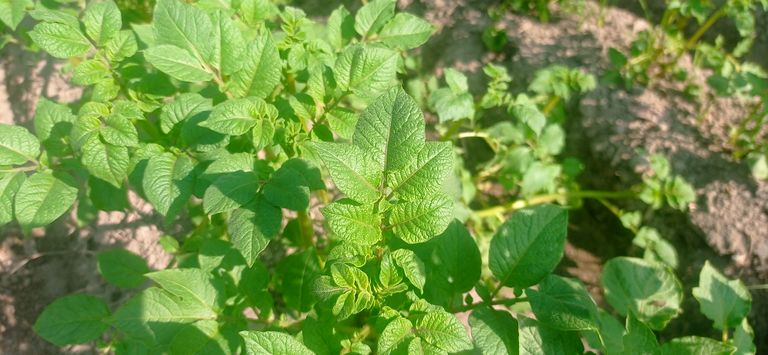
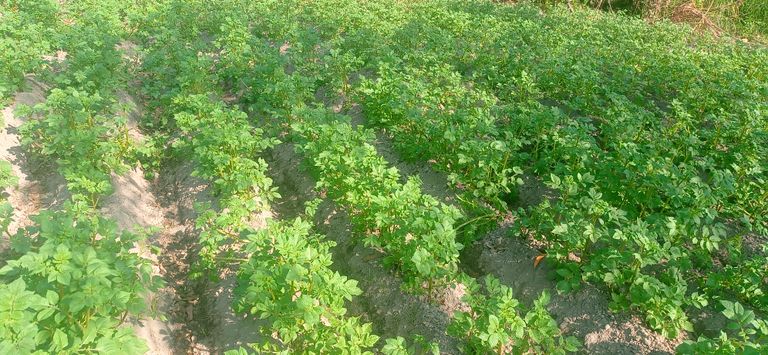
Planting Techniques: The traditional planting method involves creating ridges or furrows in the soil, into which seed pieces are planted at a depth of 3 to 4 inches, with spacing of about 8 to 10 inches between each seed. This spacing allows enough room for the potatoes to grow and develop strong roots. In the warmer regions, planting typically occurs during the pre-monsoon period to take advantage of the rains, while in cooler climates, potatoes are planted in the early spring.
Irrigation and Maintenance: Potatoes are water-intensive crops, especially during the tuber formation phase. However, over-irrigation can lead to root rot and other diseases. Farmers traditionally rely on rainwater during the monsoon season, but in the absence of sufficient rainfall, manual irrigation through channels or drip systems is employed. Mulching is also a common practice to retain soil moisture and suppress weed growth.
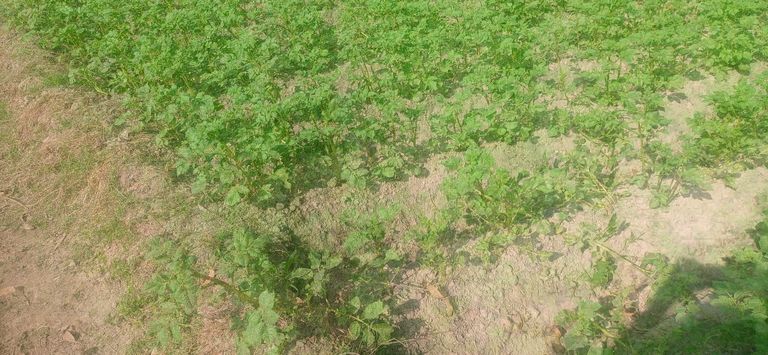
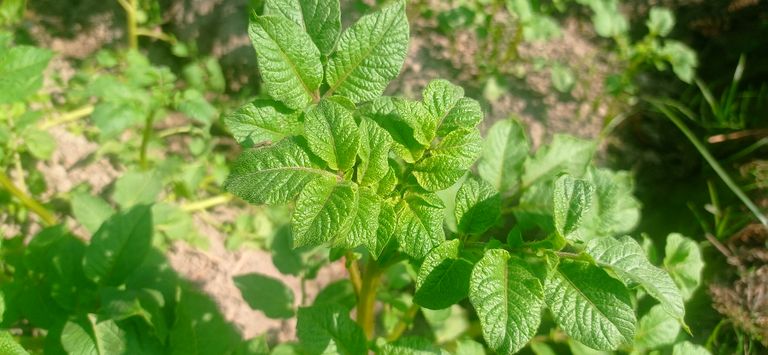
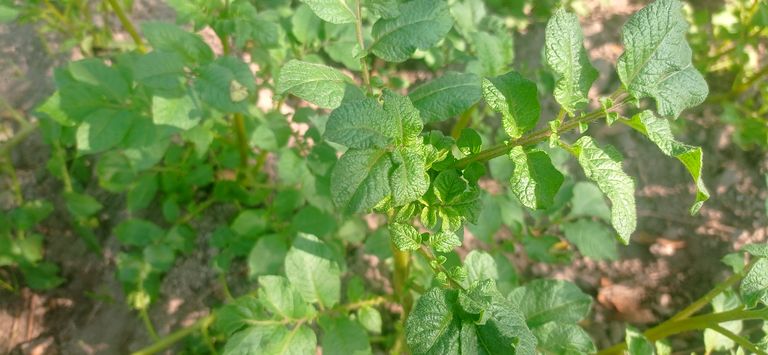
Pest and Disease Management: Desi potato cultivation is often plagued by pests like the Colorado potato beetle and diseases such as late blight. Traditionally, farmers rely on natural pesticides such as neem oil, garlic, and tobacco concoctions to control pests. Crop rotation with legumes or other crops is also practiced to maintain soil health and reduce pest buildup.
Harvesting and Storage: The harvest season typically occurs 90 to 120 days after planting, depending on the variety and local climate conditions. Farmers manually dig up the potatoes using traditional tools like hoes or spades. After harvesting, the potatoes are left to dry in the sun to remove excess moisture. Proper storage, in cool and dark conditions, is crucial to prevent sprouting and spoilage.
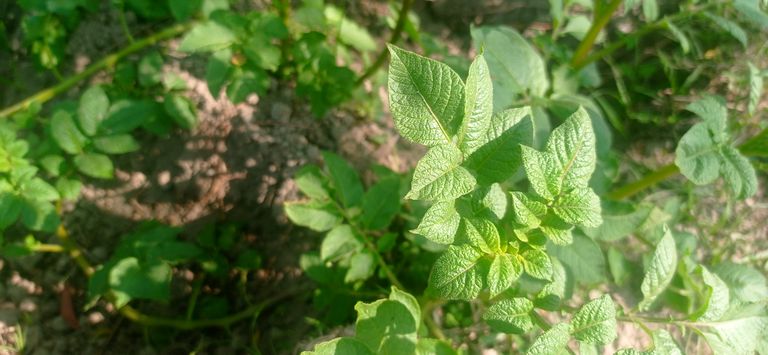
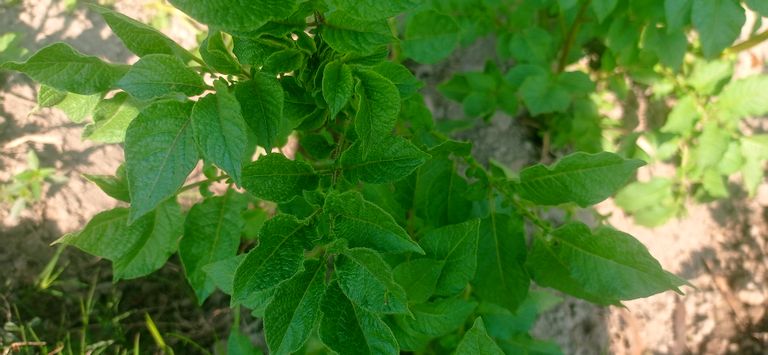
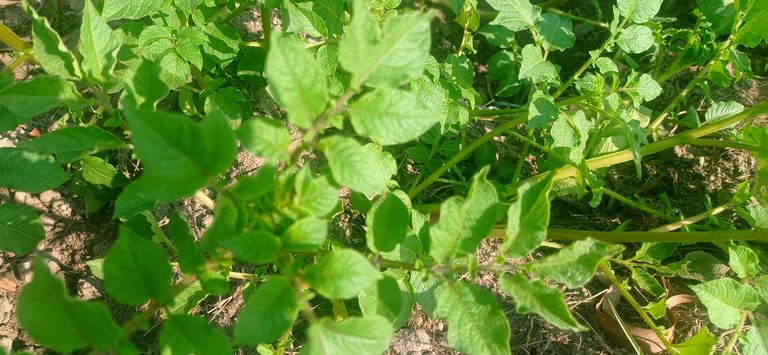
Nutritional Value of Desi Potatoes
Desi potatoes are rich in several essential vitamins and minerals that contribute to a healthy diet. They are particularly valuable in regions where they serve as a major source of nutrition. The key vitamins and nutrients found in desi potatoes include:
Vitamin C: Potatoes, including desi varieties, are an excellent source of vitamin C, an essential antioxidant that helps combat oxidative stress and supports the immune system. Vitamin C also aids in collagen production, which is vital for maintaining healthy skin, cartilage, and bones.
Vitamin B6: Desi potatoes are also high in vitamin B6, which is important for maintaining brain health and nerve function. This vitamin helps in the production of neurotransmitters that regulate mood and cognitive abilities, making it a key nutrient for overall mental well-being.
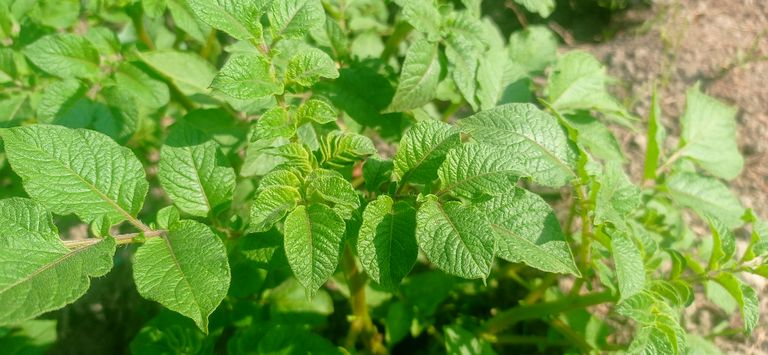
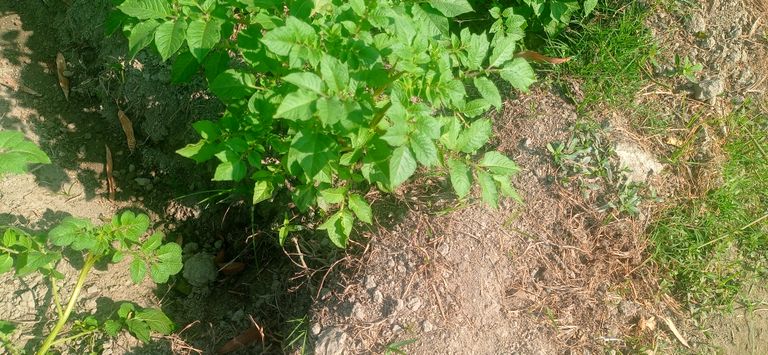
Potassium: Potatoes are one of the best sources of potassium, a mineral that helps regulate fluid balance, muscle function, and nerve impulses. Adequate potassium intake supports heart health by helping to control blood pressure.
Fiber: The skin of desi potatoes is rich in dietary fiber, which aids digestion and helps regulate blood sugar levels. Fiber also promotes feelings of fullness, making potatoes an ideal food for weight management.
Carbohydrates and Energy: Desi potatoes are rich in carbohydrates, particularly starch, which is a primary source of energy. The high carbohydrate content makes potatoes a staple food in many households, providing the necessary fuel for daily activities.
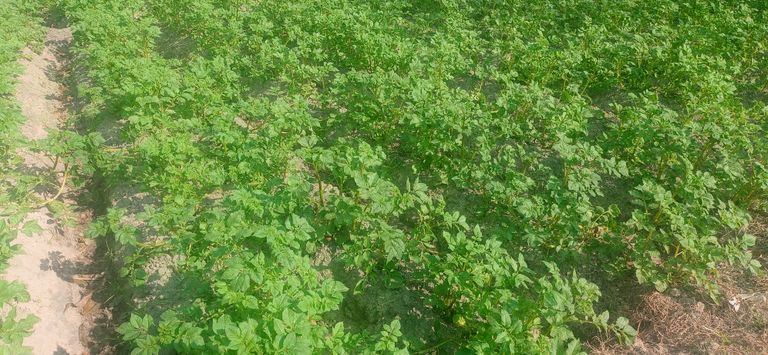
video credit shariful's Agro vlog
Iron: Although not as high as other sources, desi potatoes contain a moderate amount of iron, which is necessary for the production of hemoglobin and the prevention of anemia.
Desi potato cultivation remains an integral part of rural agriculture in India. Through traditional methods, farmers have developed a deep understanding of the land and the crops they grow, contributing to sustainable practices that preserve local biodiversity. Beyond their agricultural importance, desi potatoes provide a rich source of essential vitamins and minerals, contributing to the nutritional needs of millions. As the demand for locally grown, organic food increases globally, desi potatoes remain a crucial crop for both cultural and nutritional reasons.